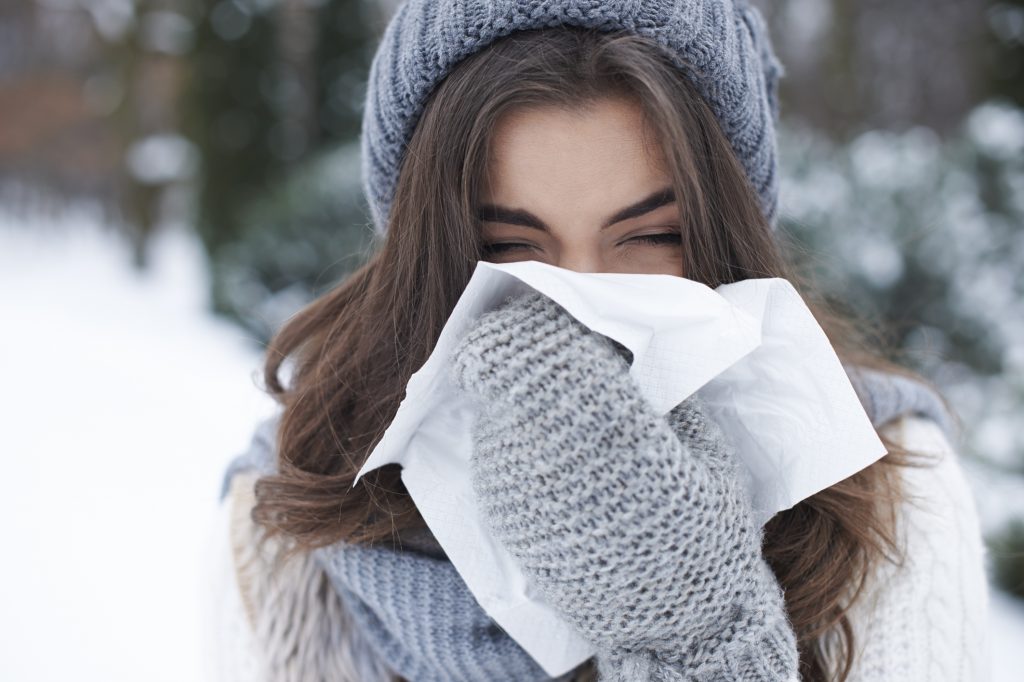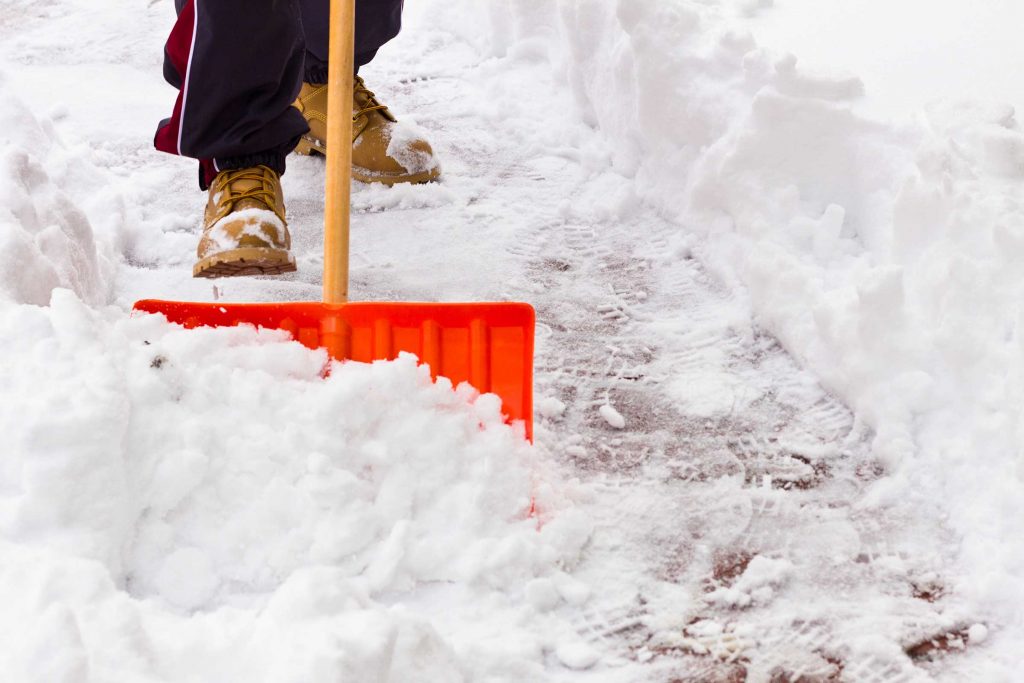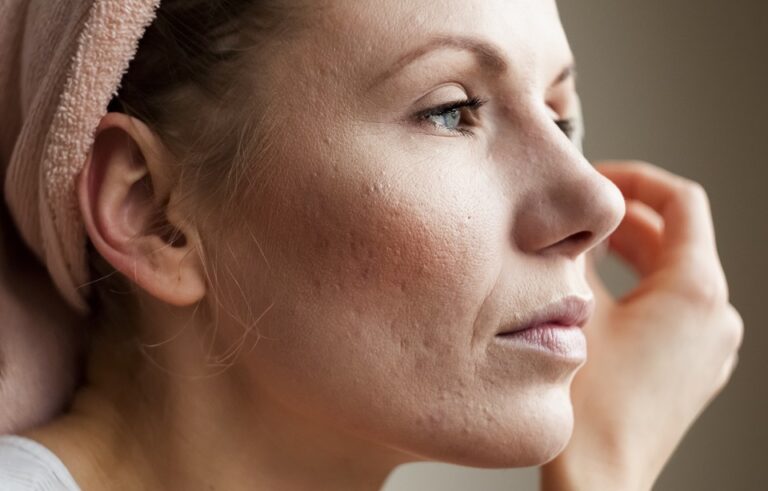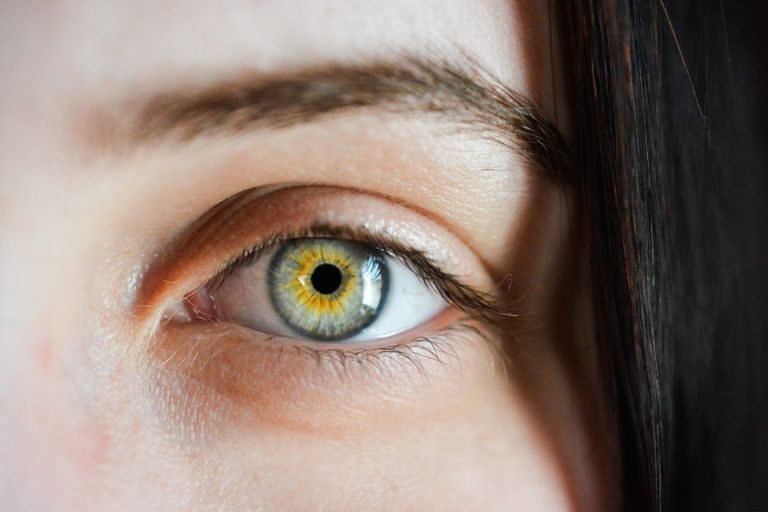
Watery eyes and runny nose
Often, cold air is very dry, so your lungs aren’t so happy when you inhale it. Also, your nose has the task to add extra moisture and if there’s a lot of fluid, a part of it drips annoyingly out of your nostrils. Another problem that appears in the cold season affects your eyes. Your eyes need to stay moist all the time and due to the wintery wind, your eyes must produce extra liquid to compensate.

Shortness of breath
People who suffer from bronchitis, asthma or other lung conditions can develop lung irritation, because of cold and dry air, according to the American Lung Association. When you inhale that cold air, you can feel a shortness of breath, wheezing or coughing.
“That wheezing and coughing is something that happens every time they are exposed to the cold,” Dr. Miller says. If you’re dealing with sudden shortness of breath along with nausea, chest pain and similar symptoms, you should visit your doctor as soon as possible, because these signs could be ones of a heart attack.
Heart attacks can be more common after shoveling snow, especially among people who aren’t necessarily used to such vigorous and hard exercise.

























